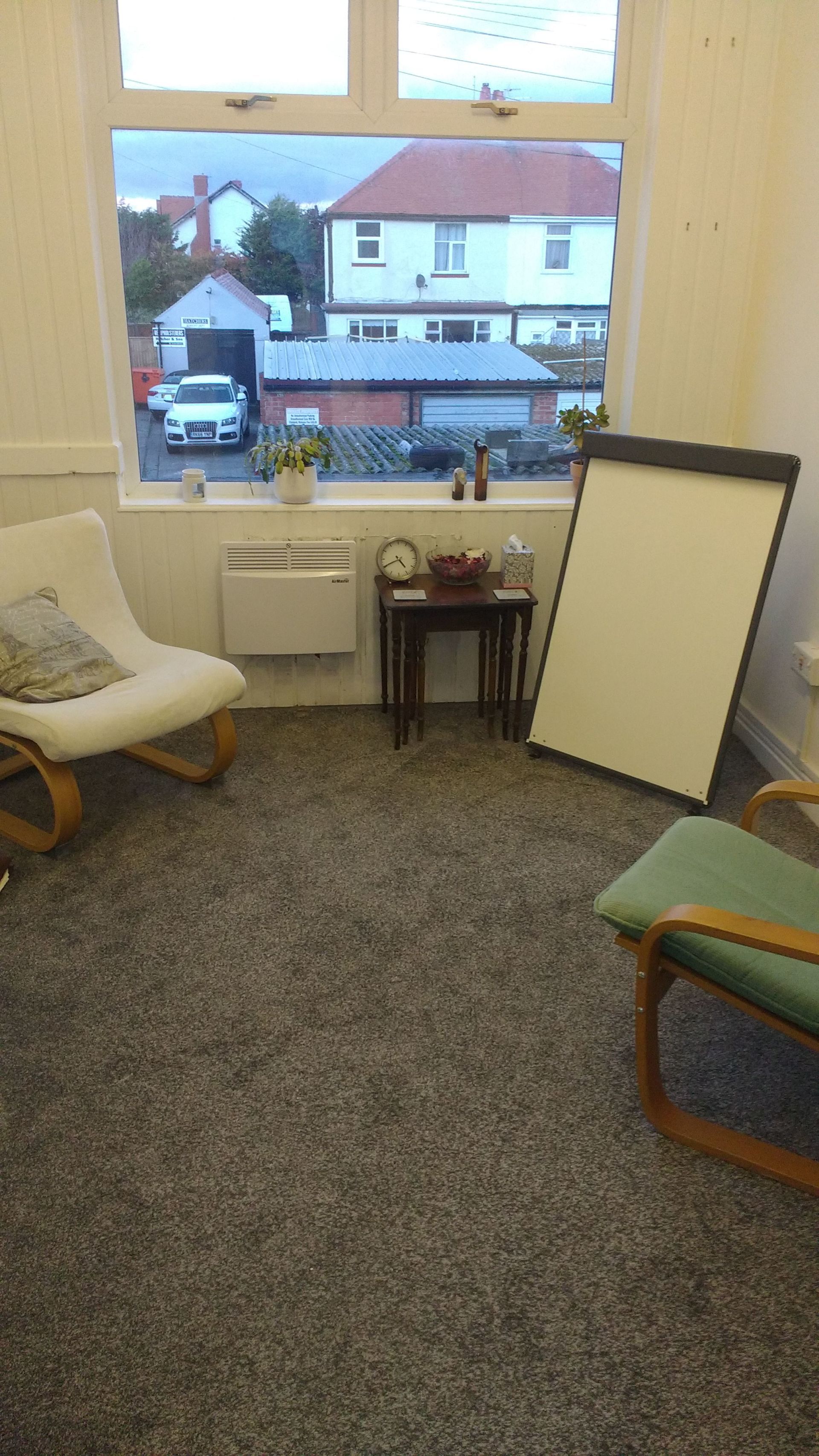
- HOME
- Counselling & Psychotherapy
- Structured Treatment Programmes
- MORE
Medical Detox
Medical Detox
Medical Detox
A Medical Detox is often the first necessary step to ready someone for drug or alcohol residential rehabilitation. Medical detox alone is not addiction treatment, but a process of helping someone’s body recover from its physical dependence on the drug or alcohol. At Tower Counselling detox is the first part of treatment in our residential rehabilitation facility.
People enter into a medical detox so that they can withdraw from drugs and alcohol safely and in relative comfort.

Slide title
Write your caption hereButton
Slide title
Write your caption hereButton
Slide title
Write your caption hereButton
What Is Detoxification?
What Is Detoxification?
Detoxification, or detox as it is commonly referred too, is the process of letting the body remove the drugs in it. The purpose of medical detox is to safely manage withdrawal symptoms when someone stops taking drugs or alcohol.
Everyone has a different experience with detox. The type of drug and how long it was used affect what a persons detox will be like and how they will experience it.
It can take days or weeks to get through withdrawal symptoms for most drugs. The length of withdrawal depends on a number of factors, including:
• Type of substance the user is addicted to
• Duration an addiction has lasted
• The severity of the addiction
• Method of abuse (snorting, smoking, injecting, or swallowing)
• The amount of a substance the user takes at one time
• Family history
• Genetic makeup
• Medical condition
• Underlying mental health condition
Can I Detox at Home?
Choosing to detox at home can have dangerous complications and in some cases be deadly. Quitting “cold turkey” or without medical supervision can lead to serious issues such as seizures and severe dehydration.
The Process of Detoxification
Everyone’s detox needs are different. At Tower Counselling the drug detox process helps the addict get personalised treatment. In most cases, the process involves three steps:
• Evaluation
The medical team screens incoming patients for physical and mental health issues. Doctors use client history, background and even blood tests to measure the amount of drugs in the patient’s system. This helps determine the level of medications needed.
There is also a comprehensive review of drug, medical and psychiatric histories. This information sets up the basis for the patient’s long-term treatment plan.
• Stabilisation
The next step is to stabilise the patient with medical and psychological therapy. The goal of stabilisation is to prevent any form of harm to the patient. Doctors can prescribe addiction treatment medications to prevent complications and reduce withdrawal symptoms.
• Preparing Entry into Treatment
The final step of detox is preparation for the treatment program. Staff familiarise the recovering addict with the treatment process and what to expect. Inpatient rehab offers the best chances of success after detox
Side Effects of Detox
The process of drug or alcohol detox can be uncomfortable and if not managed properly, dangerous. This is why medical detox is so important. Detox with medical supervision allows the person to detox in a safe and comfortable environment.
A medically supervised detox prevents dangerous complications of drug and alcohol withdrawal.
Although medical detox limits the symptoms of withdrawal, some are unavoidable. Some of the most common side effects may include:
• Nervousness or anxiety
• Insomnia
• Nausea
• Body discomfort
• Mood swings
• Poor sleep
• Difficulty concentrating










